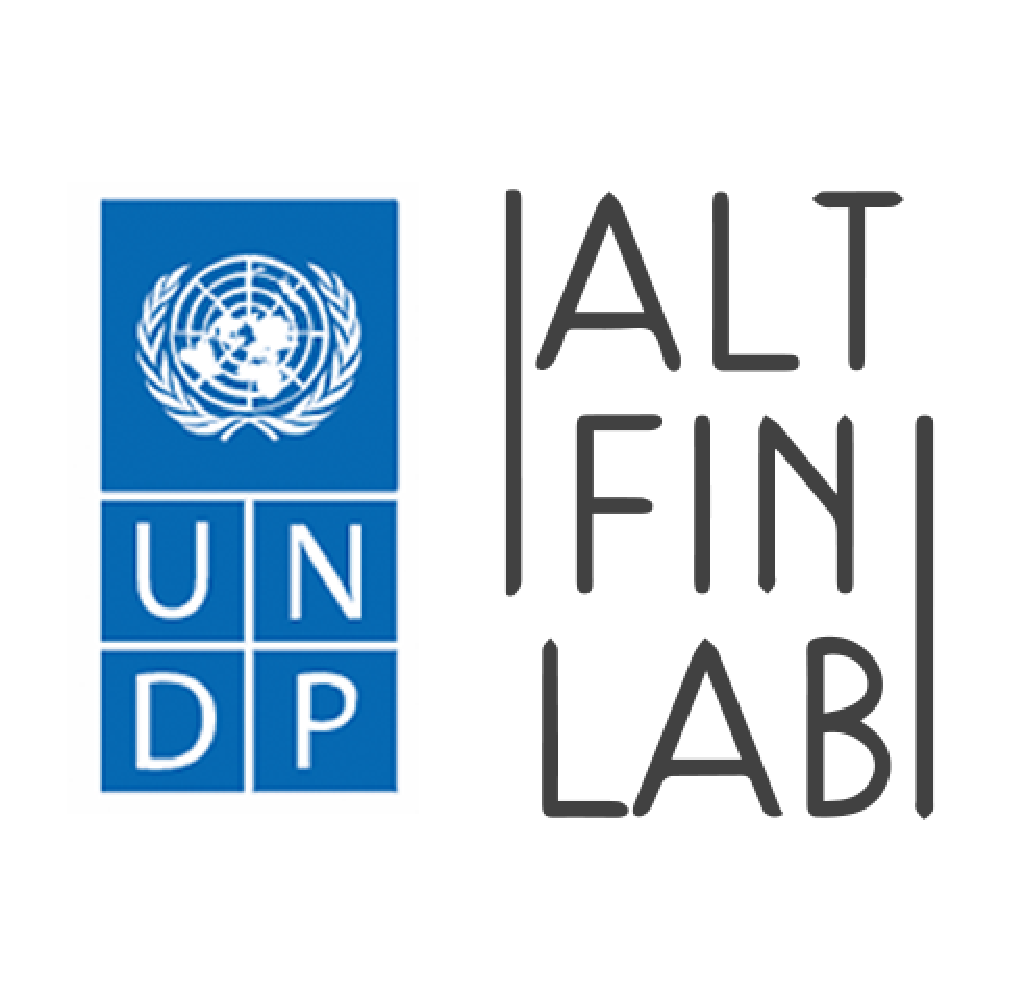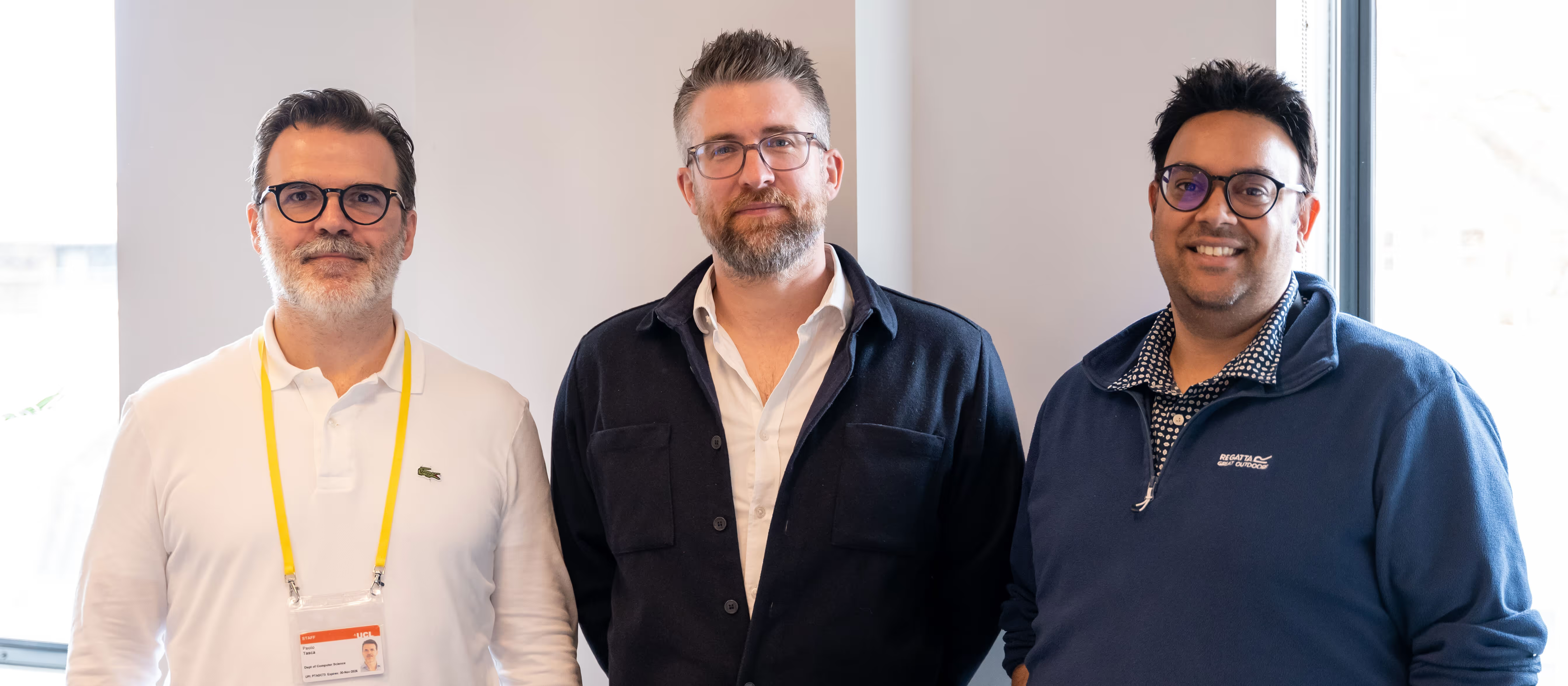The event was a testament to the drive and vision of Henry Chesbrough - who succeeded in pushing this concept closer to the centre of international research curiosity and corporate adoption. Using his rich experience in the field of computer science, consulting, and teaching, in the early 2000s Henry Chesbrough started to grow the conversation surrounding academic and corporate innovation.
Together with the input of significant industry members, it soon became clear that his determination for systemic change was a necessary component in a new era of tech expansion. Thus, the Berkeley Innovation Forum was born.
The focus of this year’s event 11th - 14th September at the CITRIS Innovaiton Hub from the University of California, Berkeley, stood around a detailed exploration of Responsible AI Opportunities and Challenges. Over the 3 days, many corporate leaders and industry players had gathered to re-emphasise the need for continued collaboration and examination of the frontier technologies, its interconnectedness with commercial activity and its demand, and parallel ethical framing in improving social values.
Guests represented firms such as TSMC, Siemens, Porsche, IBM, Urenco, Meta, Ansys, Wipro, Ericsson, Intact I.T.Purina, Intel, Dell, Nvidia, NASA, AWS, amongst others.
Key Themes Covered:
- Open Innovation Roadmaps
- Customised Metaverse Solutions
- Adaptations for Business Ecosystems
- Challenges with Global Wireless Networks
- Tackling Value Creation in Space
Underlying Talking Points:
- Overview from all attending members of the decades-long transition from a closed-model to a more inclusive, trusting, and optimistic approach of an open-source model on the potential of united research and innovation.
- Lessons learnt from tech: specifically as in the case of computer software and hardware corporations evolving their data storage and internal processes over time, such as Oracle and IBM vs. Google and Meta.
- The looming benefits and risks involved in having the ability to influence the trajectory of Artificial Intelligence platforms and models being used on both sides - from considering the sources of data and use of user experience to train models, to revealing the model weights in LLMs (Large Language Models) for others to contribute
- Understanding that product market fit for established commercial goods/service enjoying worldwide demand should also incorporate deeper discussion on aspects of ethical, cultural, and social values of different geographies - as seen with Mercedes’ and Porsche’s decisions for the Asian car market.
- The future of Open Innovation really concerns the types of business models enterprises have adopted and the way in which the benefit from rapid cross-sector changes taking place is in part, determined from the guiding philosophy from within - both for commercial activities and research from within.
On the whole, it was a fantastic turnout for the Open Innovation team and once again, a paramount endeavour to continue mutual industry and academic partnerships in the most relevant fields of emerging technologies and corporate product delivery.



.avif)

.png)



